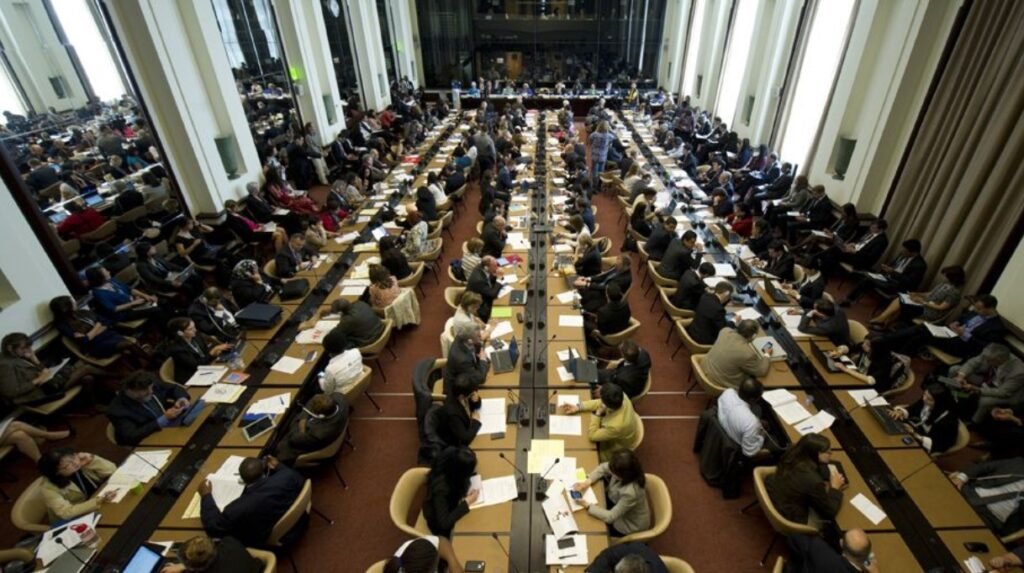In a groundbreaking session of the Seventy-seventh World Health Assembly, member countries have unanimously agreed to a decisive package of amendments aimed at fortifying the International Health Regulations. This pivotal move, coupled with a firm commitment to finalize a global pandemic agreement within the next year, marks a significant stride in the international community’s efforts to safeguard global health.
A United Front Against Future Pandemics
The recent assembly witnessed a historic consensus, with 194 countries adopting a robust set of amendments to the International Health Regulations (IHR). These amendments are designed to enhance global preparedness and response to public health emergencies, particularly pandemics. The revised IHR will ensure that all countries have the necessary systems in place to protect their populations from the threat of emerging diseases.

The commitment to finalize a global pandemic agreement further underscores the collective resolve to prevent future health crises. This agreement is expected to establish a comprehensive framework for international cooperation and rapid response in the event of a pandemic, building on the lessons learned from the COVID-19 crisis and other health emergencies.
Strengthening Health Systems Worldwide
The assembly’s decisions also included a focus on strengthening health systems across the globe. The amendments to the IHR emphasize the importance of surveillance, timely reporting, and coordinated response to public health events. By enhancing these key areas, the WHO aims to facilitate a more effective and equitable health system that can withstand the challenges of future pandemics.
Moreover, the assembly addressed the critical health conditions in the occupied Palestinian territory and the occupied Syrian Golan. The reports highlighted the need for continued support and the provision of healthcare services amidst the ongoing humanitarian crisis.
Solidifying Commitments for Healthier Tomorrows
The Seventy-seventh World Health Assembly has set a precedent for future global health governance. The resolutions passed reflect a deep understanding of the interconnectedness of health systems and the necessity for solidarity in addressing health emergencies. As the assembly concluded, there was a palpable sense of optimism that these measures would lead to a more resilient and responsive global health architecture.





















